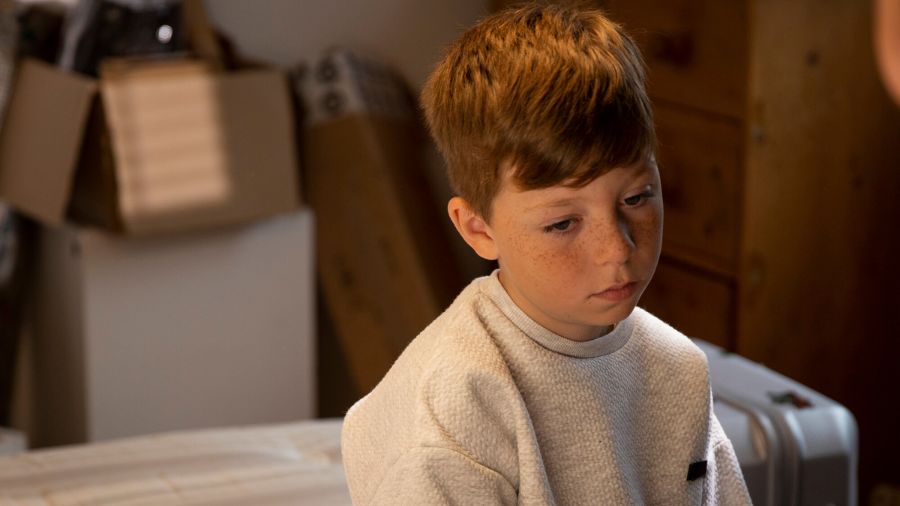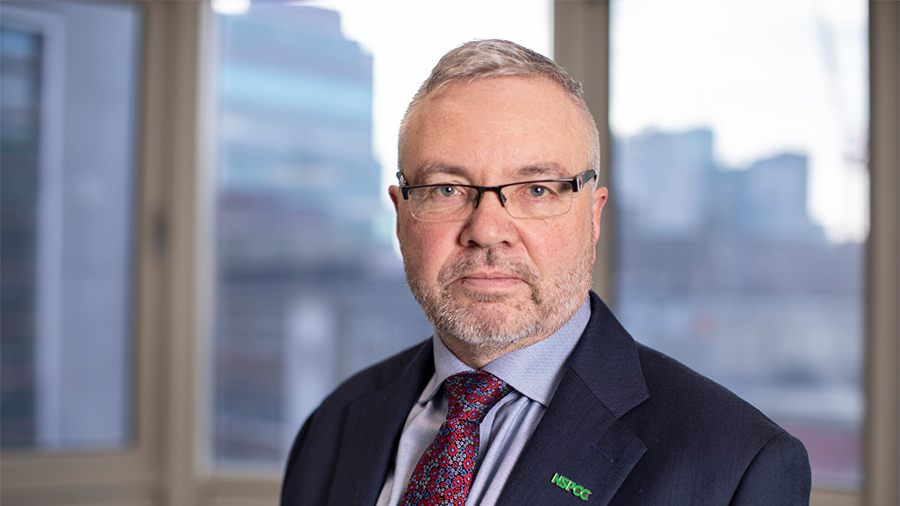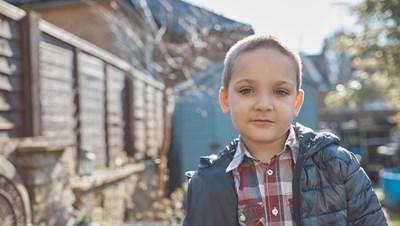Workers for Britain's Gas Distribution Networks will receive specialist training to give them the confidence to seek support for families in their communities.

- We’ll be delivering safeguarding training to more than 18,000 gas engineers over the next 2 years, in partnership with Britain’s 4 Gas Distribution Networks (GDNs)1.
- Half a million children suffer abuse and neglect a year in the UK. Almost 60,000 contacts were made to our Helpline last year from adults including utility workers2.
- Everyone has a role to play in safeguarding children, and workers who visit homes have a unique chance to make a difference. The staff, including sub-contractors and GDN staff at Cadent Gas, Northern Gas Network, SGN and Wales & West Utilities, will be helped to recognise signs of neglect and abuse.
- The training – It’s Your Call – will help give workers who visit people’s homes the knowledge and confidence to seek support if they have concerns, including calling our Helpline. This training has already begun and will take place over the next 2 years.





